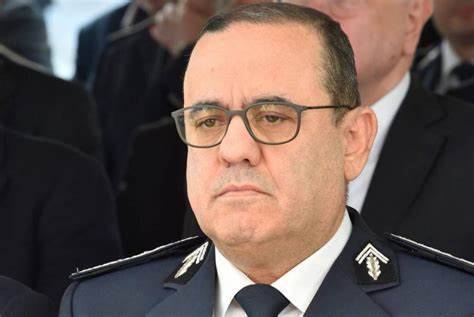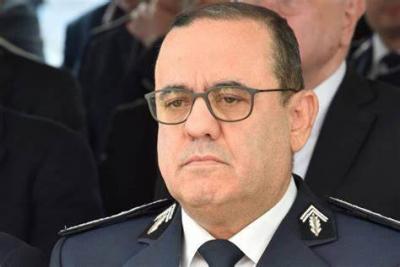The Acting Director General of General Security, Major General Elias Al-Baysari, confirmed that Gulf nationals have not ceased to come to Lebanon and that their security is preserved "as well as that of the Lebanese, if not more." He emphasized that "passports are available, thus there is no crisis as rumored," stressing that "the crime rate has increased with the presence of Syrian displaced persons."
Regarding the challenges he faces in his current position and the security situation, Al-Baysari stated in an interview with the Kuwaiti newspaper "Al-Rai": "Security is stable, and we have succeeded as security and military agencies in maintaining security and stability, despite what these agencies, like all citizens, endure due to a severe financial crisis and economic difficulties. The security situation in the country is stable, as evidenced by statistics and reality."
On the arrival of Gulf nationals to Lebanon, he said: "Their influx has not ceased, but the question remains about the percentage of those coming, which is related to political circumstances and their impacts. However, they continue to come, and their security is preserved like that of the Lebanese, if not more."
Regarding the Syrian displacement issue, he said: "There is international interest in the issue of displaced persons, which is linked to three factors: the Syrian state, the Lebanese situation, and international will. Therefore, this requires political consensus among the three referential bodies to arrive at solutions in this file. Providing us with data in exchange for conditions is subject to discussion and thinking; it does not pertain to General Security but rather concerns the government, which holds the political decision-making power, and we are an executive body in its hands."
Al-Baysari noted that there are "many contradictions in the displacement file." He said: "There is no doubt that some displaced persons suffer from political or security problems in Syria, and we must adhere to international law and humanitarian standards that prevent us from returning them to Syria. However, the issue lies with the economic displacement that conceals large numbers of those coming to Lebanon for work, affecting the overall economic and commercial movement in the country, which is a competition that our people pay a heavy price for."
He stressed that "the impact of this large number of Syrian displaced persons on security cannot be overlooked, as the crime rate has risen to a level that burdens and depletes security forces. Additionally, we are now facing unprecedented crimes in Lebanese society, which were only rarely seen before, and they have become common occurrences; these are distressing phenomena arising from conditions that no displaced person can be pitied for as they suffer catastrophic situations far from their homes."
Regarding drug combating efforts, he said: "We consider this issue of utmost importance, as the reputation of our country and our society is at stake. Therefore, we will spare no effort to curb this scourge that poses a relentless enemy." He pointed out that "security cooperation with Kuwait is not limited to drug combating but is cooperation in every sense of the word, similar to our coordination with all countries."
On the passport crisis, Al-Baysari confirmed that "passports are available, and we have made great efforts to secure them, thus there is no crisis as rumored. We halted work on the electronic platform to ease the atmosphere and reassure people, confirming that there are sufficient quantities and no shortage in passports, but the rush has continued. Here, I reiterate that there is no passport crisis but rather a rush crisis; they are available to us, and we have not ceased providing them."




